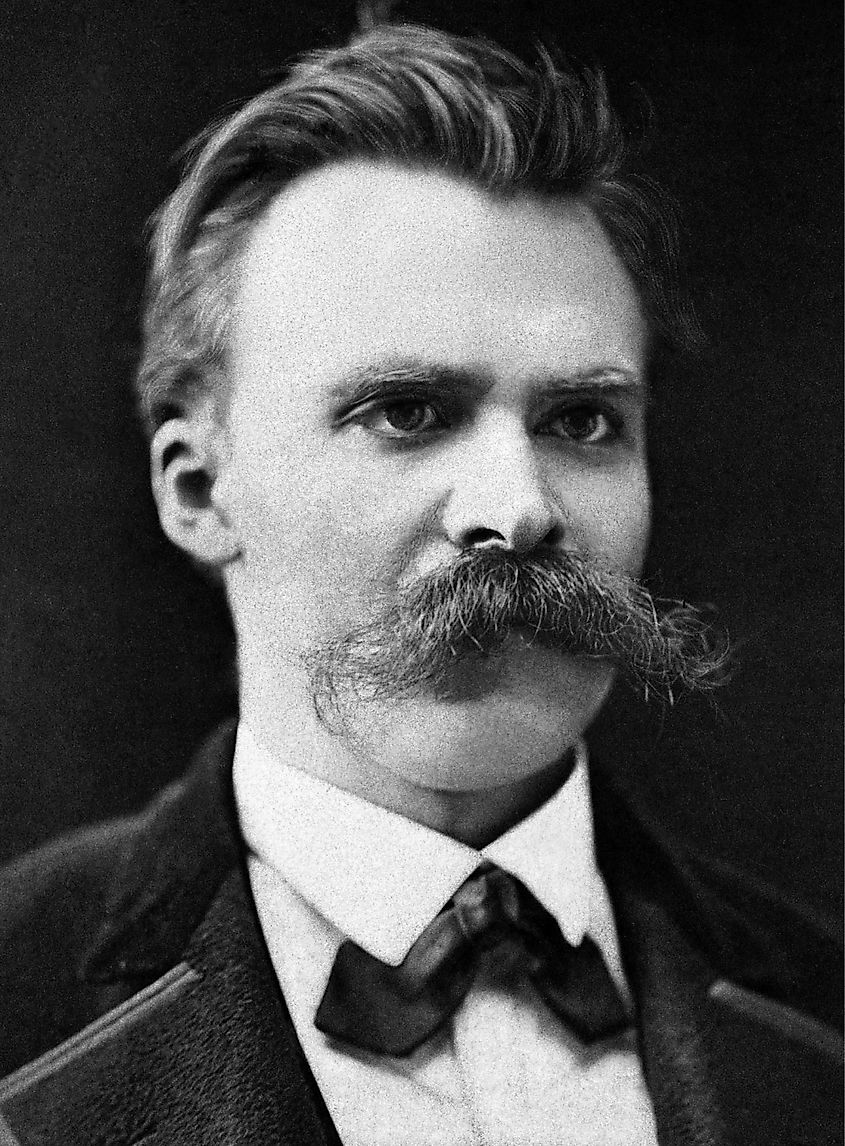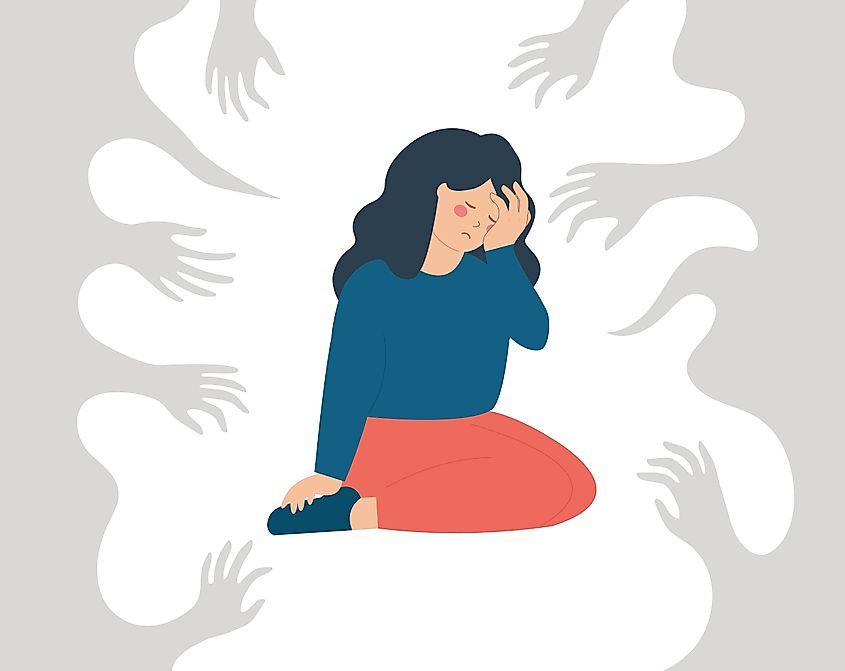
Did Nietzsche Believe In Free Will?
Have you ever wondered if your choices really matter? Or if you even have the free will to make them? The debate about how free people really are in their lives has been going on for centuries. One of the most well-known philosophers who spoke about free will was the German philosopher Friedrich Nietzsche. He was drawn to controversial subjects from religion to Western society. Naturally, he also studied the question of free will. Nietzsche was skeptical of the conventional use of "free will."
So, when it comes to the topic of free will, what did Nietzsche believe? Do we have free will or not? The simple answer is Nietzsche did not believe in free will. However, his reasoning behind this is more nuanced.
Who Was Nietzsche?

Nietzsche was a German philosopher from the mid-1800s. He was born in 1844, in Röcken, Saxony, Germany. His father was a Lutheran priest, so he had a strong religious upbringing. From a young age, Nietzsche was curious about the world around him. He studied at the University of Bonn, and then at the University of Leipzig. He famously became the youngest full professor at the University of Basel in Switzerland. There, he taught philology, the study of language from oral and written historical sources.
In working at the university Nietzsche developed an interest in philosophy. His philosophy is what he is most well known for today. In his most famous works, he criticized Western culture and questioned the motives behind Western religion, morality, and philosophy. Nietzsche spoke out against nationalism and power politics, inspiring future generations of philosophers. In 1889, Nietzsche had a mental breakdown attributed to syphilis. He spent the last years of his life battling illness.
Nietzsche's Rejection of Free Will

Just like how Nietzsche questioned Western traditions and religion, he questioned the idea of free will. He did not believe people had free will in the traditional metaphysical sense, and he did not think of free will in a spiritual sense. Instead, Nietzsche saw human behavior as connected to biology, culture, social conditions, and personal experiences. These are all factors that he believed influenced the choices we make and who we are.
Further, Nietzsche saw the conventional idea of Free Will as creating a moral tradition with Christian roots. Free will is essential to moral responsibility. Nietzsche is suspicious of free will and the moral concept of "responsibility," especially in a Judeo-Christian-influenced society.
Moral responsibility often uses tools such as shame, guilt, reward, and punishment. Nietzsche saw this system of morality as a way to control people. Giving people a false sense of free will stops them from seeing their true nature.
Constraints on Free Will

Nietzsche believed that one of the constraints on free will is our nature. In his book The Genealogy of Morality, he delves more into this idea. In his first essay of the book, Nietzsche uses the example of a bird of prey and a lamb. The bird of prey and lamb both have a different set of behaviors. The bird of prey might carry off the lamb. While some people might define this as an evil action, Nietzsche argues this is just the nature of the animal. The bird itself is not evil and does not deserve this judgment. Rather, it was born a certain way, with certain behaviors. He continues that we are no different. People have a particular nature that they are born with. Throughout our lives, this is a constant. We cannot change fundamental things about ourselves, such as where we are born, how we look, and our personality traits.
Strength of Will

Nietzsche believed that will does have a place in our lives. In fact, we need a will to act. Rather than believing in the freedom of someone's will, Nietzsche believed in the power of someone's will. Someone can either have a weak will or a strong will. In this view, people cannot have a free or non-free will. The will gives power to our actions.
While people ask the question of how free someone's will is, Nietzsche believed we should focus on its power. Our will has power over our actions, so in this view, many things are determined by will.
People Are Sort of Free

While Nietzsche believed that there are constraints on our free will, he also spoke about the importance of personal authenticity. While we can't control certain attributes of our lives, Nietzsche believed we can control how we live within these constraints. For example, Nietzsche believed we could set a goal and aim to achieve it. Another idea that Nietzsche believed in is something he called "self-overcoming." This is the idea that people must see themselves as individuals and continually evaluate who they are. To "overcome yourself," you must reflect on yourself and who you are. This means that people are free to change, according to Nietzsche's view.
While he doesn't believe in the conventional use of the term free will, Nietzsche does think people are free to make choices. His philosophy recognizes that there are limits to the choices that we can make. Constraints such as our personalities and where we are born will limit the kind of life we will lead. However, these limits don't mean we can't make choices. Nietzsche encourages us to pursue our goals, to be free individuals, and to reflect on ourselves to be better people. Ultimately, his philosophy is skeptical of the status quo and allows us to see that we still have the power to make choices to live a better life.











